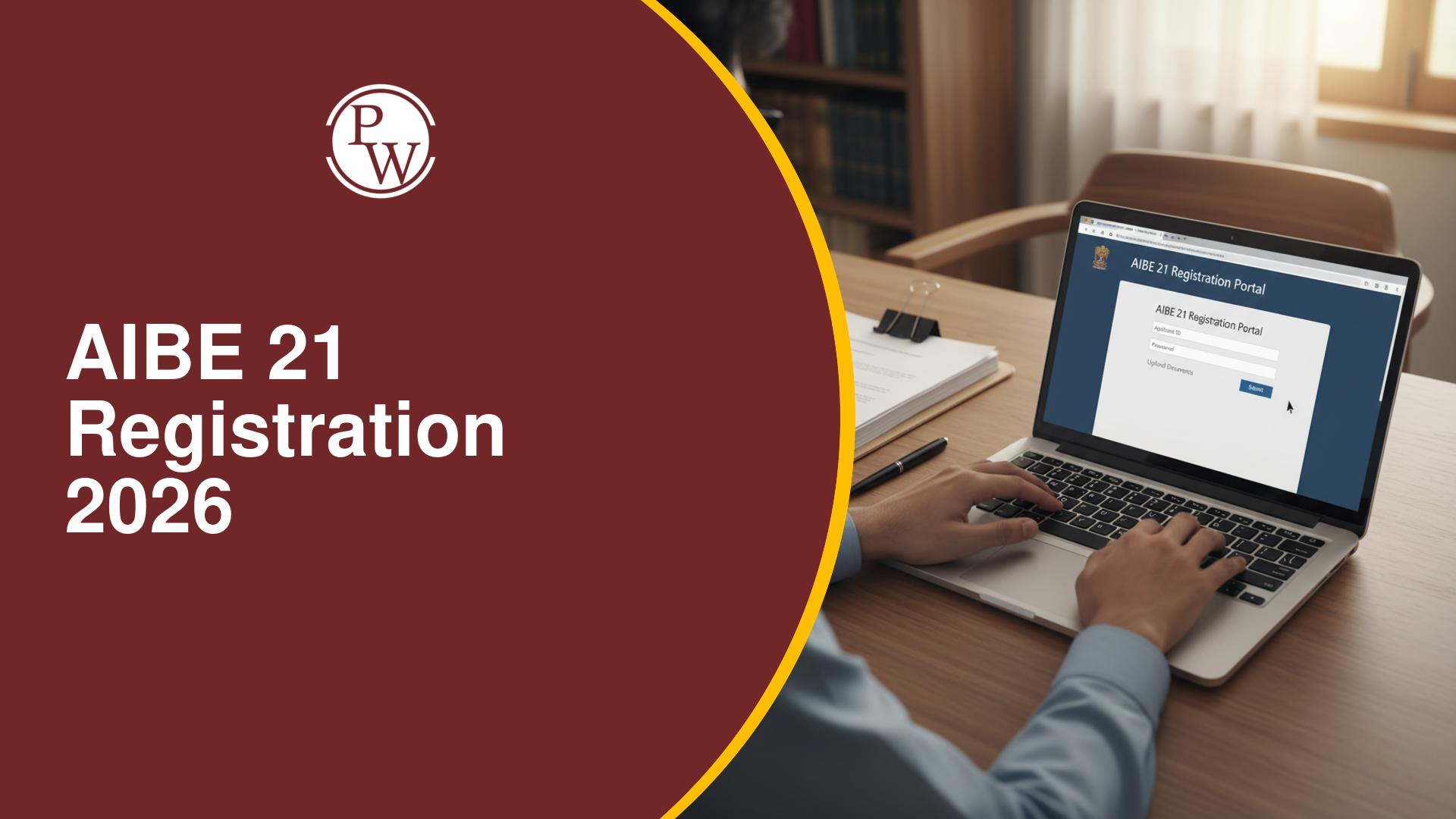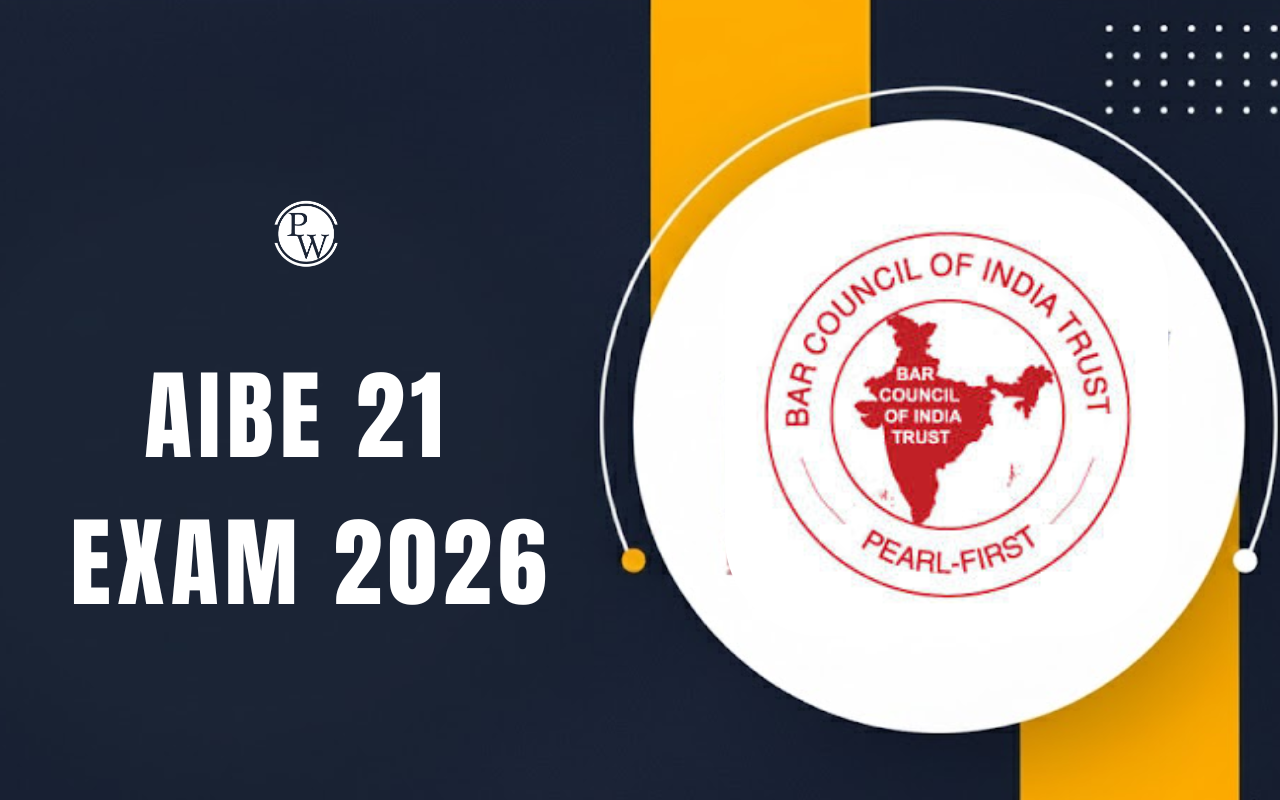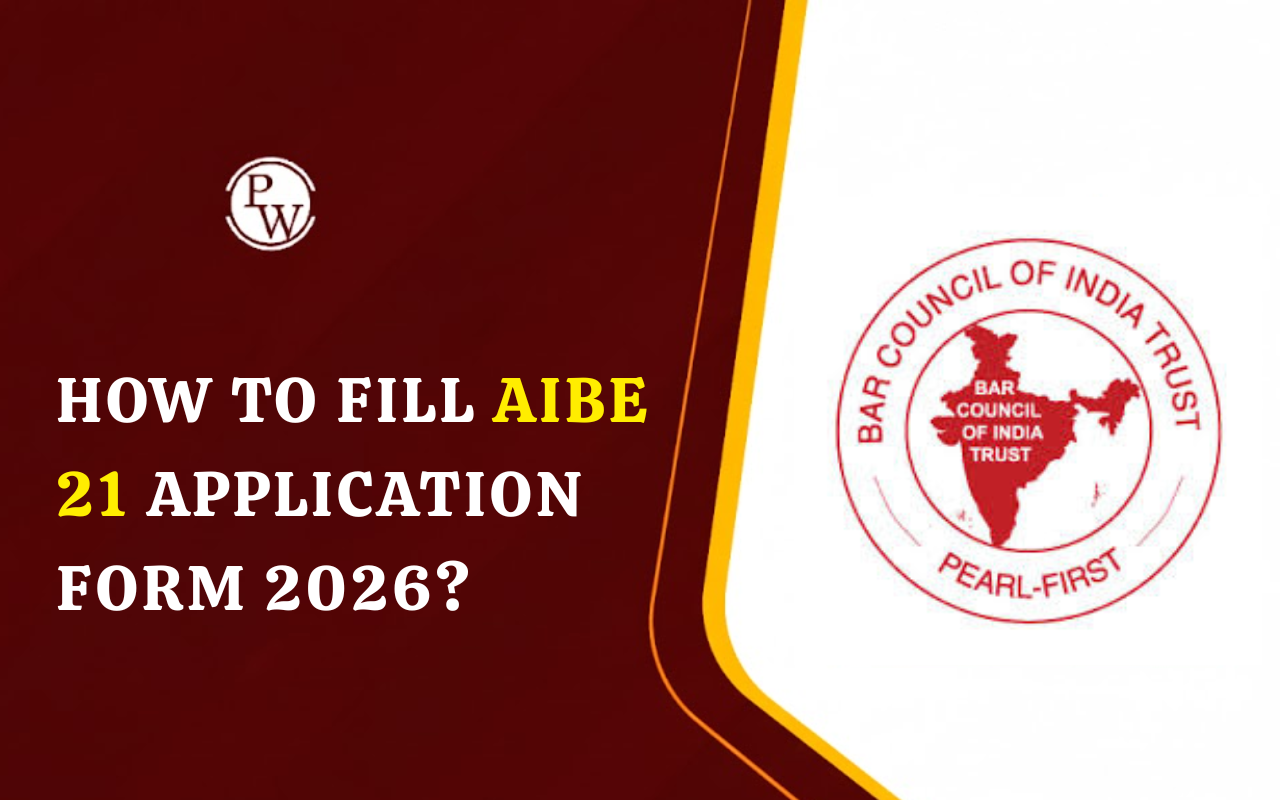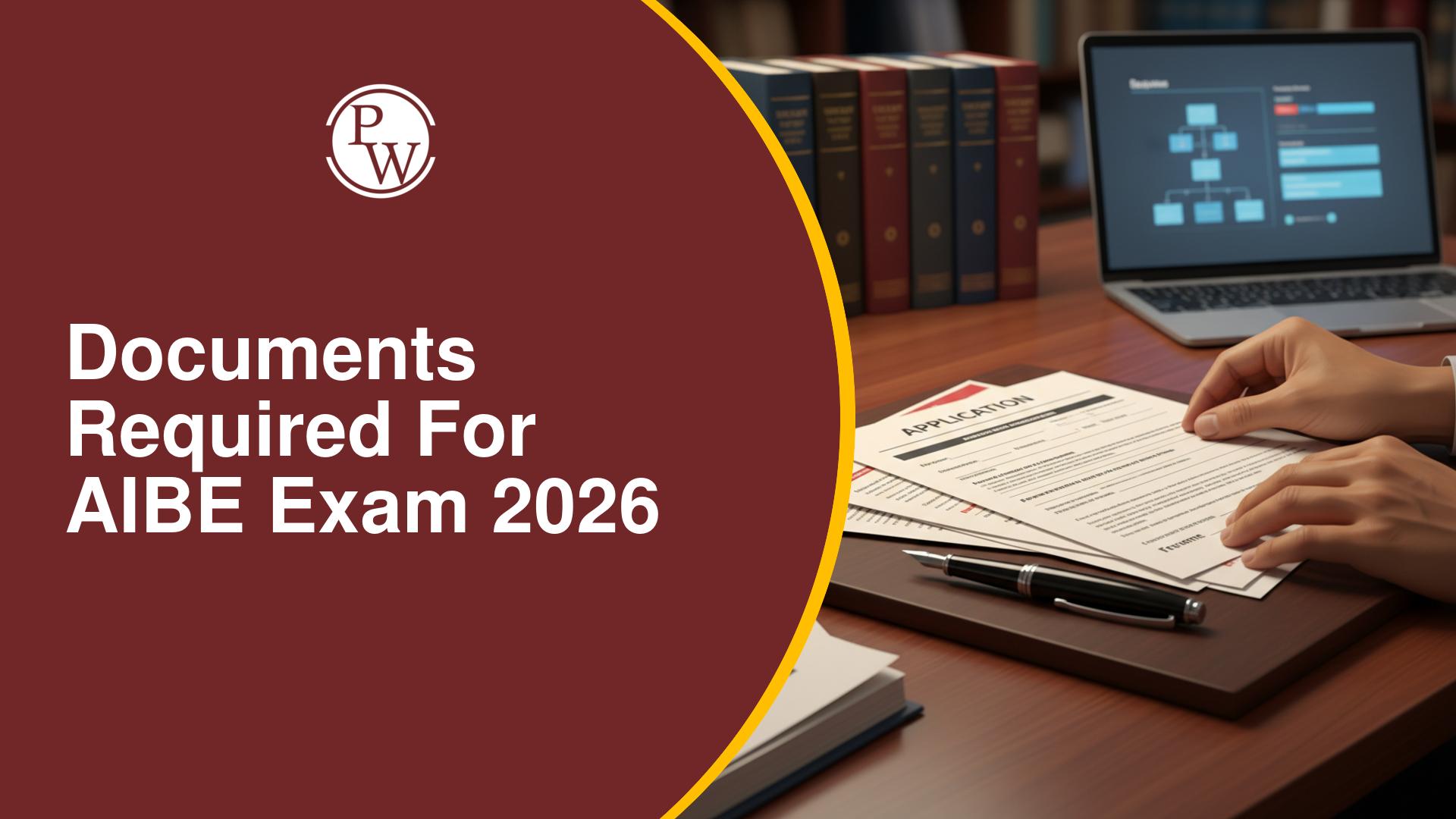
Supreme Court Judges: Supreme Court judges in India are the highest-ranking judicial officers, responsible for interpreting the Constitution and ensuring the rule of law. They play a crucial role in adjudicating significant legal and constitutional matters that affect the country. Appointed by the President based on recommendations from the Collegium system, judges serve until the age of 65. Their decisions are final and can only be overturned by a larger bench or through constitutional amendments.
Supreme Court Judges Appointment in India
The appointment process of Supreme Court Judges in India is a well-established structure under the Constitution of India. The appointment process ensures independence and impartiality in the judiciary. The Supreme Court Judge appointment in India includes the following process.- The Collegium recommends the names of judges for appointment based on their experience, qualifications, and merit.
- Under clause (2) of Article 124 of the Constitution, the President appoints the Supreme Court Judges based on the advice of the Collegium.
- Originally, the Supreme Court had 8 judges including one chief justice and 7 judges.
- The current strength of the Supreme Court is 34 judges, including 1 chief justice and 33 other judges.
- Once the judges are appointed, they are required to subscribe to an oath before the President or an appointed person. The oath dictates commitment to uphold the Constitution, integrity, sovereignty, and perform the duties honestly and faithfully.
How to Become A Judge in India
Eligibility Criteria for Supreme Court Judge
The eligibility criteria for Supreme Court Judge is stated under clause 3 of Article 124 of Indian Constitution. Before being appointed as the Supreme court Judge, the person has to fulfill the following criteria.- The person must be a citizen of India.
- The person must have been a Judge of a High Court for at least 5 years or two or more courts in succession.
- Alternatively, he/she must be an advocate of a High Court or two or more courts in succession for at least 10 years.
- In the President's opinion, the person must be a distinguished jurist.
Removal of Judges From the Supreme Court
Under clause 4 of Article 124 of the Indian Constitution, there are a set of guidelines for the removal of judges from Supreme Court. The removal regulations of the Supreme court Judges are as follows.- There is no prescribed age limit for the appointment of the Supreme Court Judges.
- A Supreme Court Judge have to serve until the age of 65 years. However, Supreme Court Judges can hand over their resignation to the President before reaching the age of 65 years.
- Moreover, Supreme Court Judges can be removed through a process of impeachment on the grounds of misbehavior or incapacity, as outlined in the Constitution The process begins with a motion for impeachment, which must be supported by at least 100 members of the Lok Sabha or 50 members of the Rajya Sabha. The Supreme Court Judges can be removed if both Houses of Parliament approve the motion with a two-thirds majority.
Collegium System for Judicial Appointments
Based on the collegium system, the judicial appointments are done. The Collegium System for Judicial Appointments includes:- The collegium system of India includes the Chief Justice of India and the 4 senior-most judges of the Supreme Court. They decide on the appointments, transfer of judges, and elevation or promotion of judges.
- The term "collegium" has been established through judicial pronouncements and is not mentioned in the Indian Constitution.
Salaries and Allowances of Supreme Court Judges
Supreme Court judges in India receive a lucrative salary, which includes a basic pay and various allowances. In addition to their salary, they are entitled to perks such as house rent allowance, medical benefits, and travel allowances. Judges are also provided with official accommodation and other facilities related to security and transport. Furthermore, they enjoy pension and retirement benefits after their tenure and are charged from the Consolidated Fund of India. The overall compensation package is periodically revised to keep pace with inflation and the needs of the judiciary. Post-retirement, Supreme Court judges in India face certain restrictions to maintain the integrity and independence of the judiciary .- Retired Supreme Court judges are prohibited from practicing law in any court within India, including the Supreme Court and High Courts.
- Under Article 128, any retired judge of the Supreme Court of India, can be called back to sit and act as the Supreme Court Judge by the Chief Justice of India, after the prior permission of the President of India, according to the Article 128 of the Indian Constitution.
How Supreme Court Judges are Appointed in India? FAQs
How are Supreme Court judges appointed in India?
The President of India appoints the Supreme Court judges based on recommendations made by the Collegium, which consists of the Chief Justice of India and the senior-most judges of the Court.
What is the tenure of a Supreme Court judge?
Supreme Court judges serve until the age of 65, after which they retire. There is no fixed term for their service.
Can a Supreme Court judge be removed?
Yes, a Supreme Court judge can be removed through a process of impeachment, initiated by either House of Parliament with a two-thirds majority vote, if they are found guilty of misbehavior or incapacity.
Do Supreme Court judges get post-retirement benefits?
Yes, Supreme Court judges are entitled to pension and other retirement benefits after they retire, based on their tenure and legal provisions.
Can Supreme Court Judges practice after retirement?
Retired Supreme Court judges are prohibited from practicing law in any court within India, including the Supreme Court and High Courts.
🔥 Trending Blogs
Talk to a counsellorHave doubts? Our support team will be happy to assist you!

Check out these Related Articles
Free Learning Resources
PW Books
Notes (Class 10-12)
PW Study Materials
Notes (Class 6-9)
Ncert Solutions
Govt Exams
Class 6th to 12th Online Courses
Govt Job Exams Courses
UPSC Coaching
Defence Exam Coaching
Gate Exam Coaching
Other Exams
Know about Physics Wallah
Physics Wallah is an Indian edtech platform that provides accessible & comprehensive learning experiences to students from Class 6th to postgraduate level. We also provide extensive NCERT solutions, sample paper, NEET, JEE Mains, BITSAT previous year papers & more such resources to students. Physics Wallah also caters to over 3.5 million registered students and over 78 lakh+ Youtube subscribers with 4.8 rating on its app.
We Stand Out because
We provide students with intensive courses with India’s qualified & experienced faculties & mentors. PW strives to make the learning experience comprehensive and accessible for students of all sections of society. We believe in empowering every single student who couldn't dream of a good career in engineering and medical field earlier.
Our Key Focus Areas
Physics Wallah's main focus is to make the learning experience as economical as possible for all students. With our affordable courses like Lakshya, Udaan and Arjuna and many others, we have been able to provide a platform for lakhs of aspirants. From providing Chemistry, Maths, Physics formula to giving e-books of eminent authors like RD Sharma, RS Aggarwal and Lakhmir Singh, PW focuses on every single student's need for preparation.
What Makes Us Different
Physics Wallah strives to develop a comprehensive pedagogical structure for students, where they get a state-of-the-art learning experience with study material and resources. Apart from catering students preparing for JEE Mains and NEET, PW also provides study material for each state board like Uttar Pradesh, Bihar, and others
Copyright © 2026 Physicswallah Limited All rights reserved.









